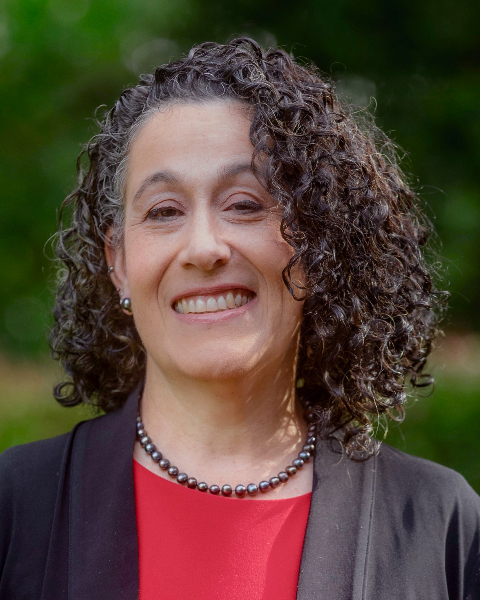Category: Oppression and Resilience Minority Health
Symposium 68 - Strengths Over Symptoms: Considering Indicators of Resilience Among Marginalized, Trauma-Exposed Groups
Level of Familiarity: Moderate to Advanced
Recommended Readings: Rashid, T. (2015). Positive psychotherapy: A strength-based approach. The Journal of Positive Psychology, 10(1), 25-40., Cyrus, K. (2017). Multiple minorities as multiply marginalized: Applying the minority stress theory to LGBTQ people of color. Journal of Gay & Lesbian Mental Health, 21(3), 194-202., Anderson, K. F. (2013). Diagnosing discrimination: Stress from perceived racism and the mental and physical health effects. Sociological Inquiry, (83), 55–81. doi: 10.1111/j.1475-682X.2012.00433.x, ,
-
Kv
Katherine van Stolk-Cooke, Ph.D. (she/her/hers)
Stanford University
Pacifica, California -

Debra Kaysen, ABPP, Ph.D.
Professor
Stanford University
Palo Alto, California -
Kv
Katherine van Stolk-Cooke, Ph.D. (she/her/hers)
Stanford University
Pacifica, California -
PK
Phyu Pannu Khin, M.A. (she/her/hers)
University of Vermont
Burlington, Vermont -
PI
Praise Iyiewuare, M.P.H., M.A. (she/her/hers)
Graduate Student
University of Vermont
Burlington, Vermont
Chair(s)
Discussant(s)
Presenter(s)
Objective: Research abounds on the negative mental health impacts of systematic discrimination and disenfranchisement across a range of intersectional identities, including race, gender, and queerness, among many others (Anderson, 2013; Cyrus 2017). This is compounded by historic privileging of a deficit-based approach to understanding mental health problems over strengths-based approaches (Rashid, 2017). Understanding patterns of behavioral and social resilience among marginalized, trauma-exposed groups can inform guidelines and interventions designed to promote mental health and wellness in times of adversity. The goal of this symposium is to examine a range of resilience factors and strengths within such groups.
Methods: The symposium features three presentations of new research: (1) an examination of the effects of social support and communal mastery on Cognitive Processing Therapy (CPT) for trauma-exposed American Indian and Alaska Native (AIAN) women; (2) a thematic analysis of qualitative pilot data on sources of hope and resilience among survivors of the 2021 Myanmar coup d’etat; and (3) an exploration of the relationship between pleasure-focused savoring behaviors and overgeneral memory, a risk factor for mental illness, among trauma-exposed Black sexual minority women.
Results: (1) Findings from the culturally adapted CPT trial explore trajectories of treatment response among AIAN women, and include considerations of how engagement with intimate and community-level supports by AIAN women may differ from broader U.S. samples. (2) Preliminary data from the Myanmar pilot study highlight participant-generated themes of spirituality, family, and political orientation as sources of hope and strength. (3) Preliminary data from the savoring study explore rates of past, present, and future-oriented savoring, with a focus on identifying how these behaviors relate to overgeneral memory.
Conclusions: Each of the projects presented in this symposium highlight unique strengths among historically underresearched, marginalized groups, highlighting the promise and challenges of harnessing resilience factors to promote healing after trauma exposure.
Learning Objectives:
- Identify how unique marginalized groups orient toward inter- and intrapersonal sources of resilience and strength.
- Consider differences in how marginalized groups conceptualize resilience factors compared to broader population samples.
- Describe key themes in social and behavioral resilience within the context of the larger positive psychology literature.
- Consider implications for generalizability of the findings to other samples.
- Consider implications of the findings for future efforts to promote health and wellbeing in historically marginalized samples.

